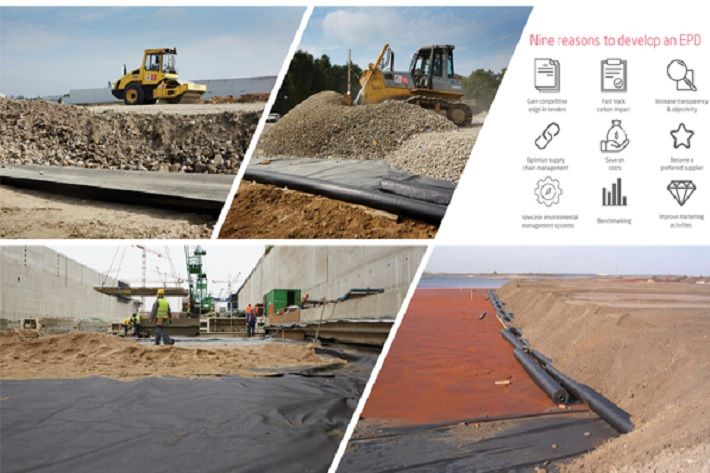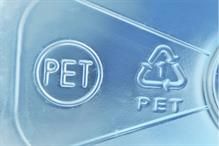
Professionals around the world rely on BTT’s textiles across various industries including agrotextiles, geotextiles, product reinforcement textiles, packaging textiles and carpet backings, for quality and sustainability. The carbon footprint of BTT’s technical fabrics is amongst the lowest in the industry, making them one of the most sustainable solutions for a wide array of projects, the company said in a media statement.
Just weeks after BTT launched its first sustainability report, announcing Route 2030, the technical textiles division is showcasing how it continues to advance its sustainability profile through comprehensive analysis and mapping. It includes life cycle analyses for all its market segments in the exclusive use of PP, known for its low CO2 emissions and a reduction in energy consumption after the installation of almost 8000 solar panels on its factory roofs.
It also includes the first Environmental Product Declarations for woven geotextiles to transparently communicate its sustainability; the installation of an in-house recycling unit; and BTT’s vertical integration with polymers within BTT.
BTT’s woven geotextiles are amongst the most sustainable in the industry. They can reduce CO2-emissions in infrastructure projects by a factor of ten compared to more conventional methods. Geotextiles and GCLs contribute to sustainable development by reducing the carbon footprint of a construction site, and additionally, the natural resources needed are significantly lower compared to conventional systems.
Woven polypropylene fabrics are used for a variety of applications across many different industries. BTT offers best-in-class woven polypropylene fabrics for product reinforcement textiles and packaging solutions, providing custom services for extrusion coating and lamination.
BTT is fully committed to integrating the UN Sustainable Development Goals (SDGs) into its business activities and has mapped and defined action plans to make further progress in the implementation of these goals within the organisation, encouraging partners to do the same. The company continues to work along the path of corporate sustainability, defining new challenging goals with specific actions, seeking business opportunities with impact and encouraging the network to continue and contribute to a better world.
“In line with our grow-from-your-core strategy, we have successfully reinforced our focus on high-value agrotextiles and geotextiles. By allocating more resources towards these high-end industries and rapidly implementing initiatives for commercial and operational excellence, we are becoming a market leader in both key markets,” Roy Kerckhove, sales and marketing director of BTT, said in a statement.
“Our sustainability strategy, Route 2030, brings even more value to our woven sustainable solutions. The purpose and goals of our business are in full deployment. This is just the beginning of our sustainability journey in Technical Textiles,” Kerckhove added.
Fibre2Fashion News Desk (GK)

